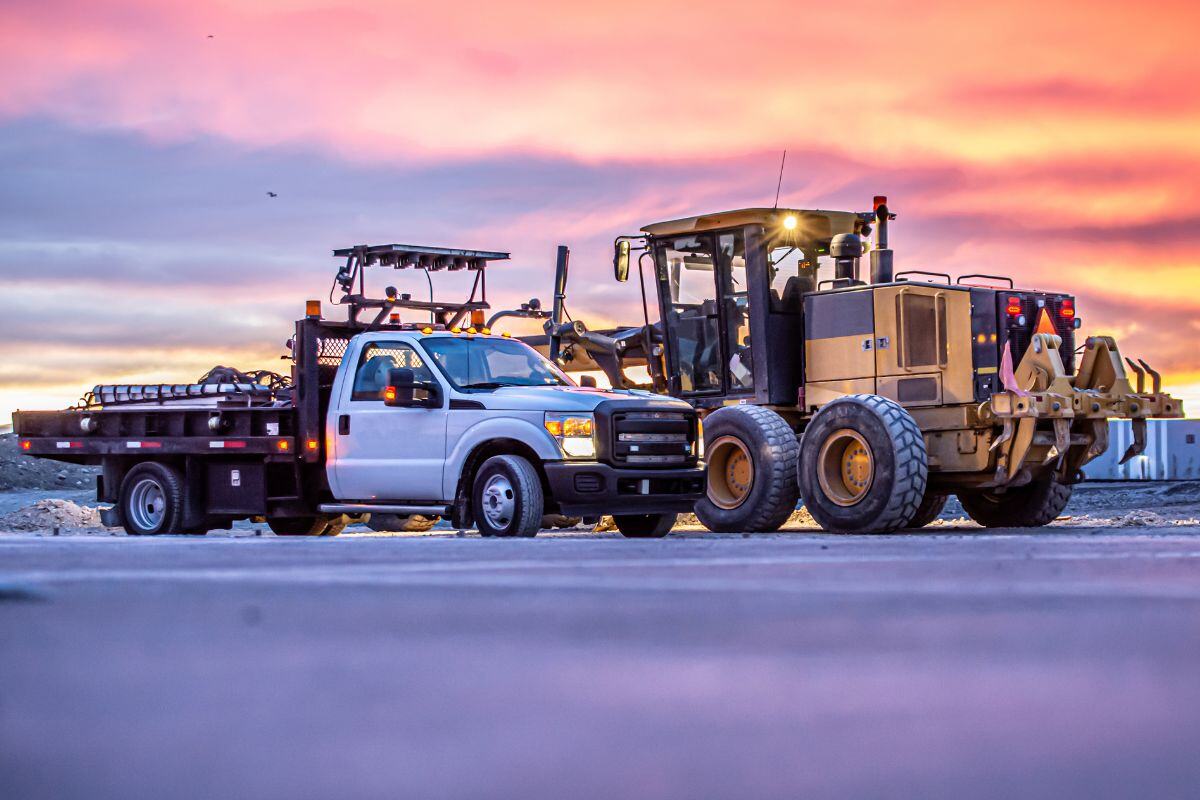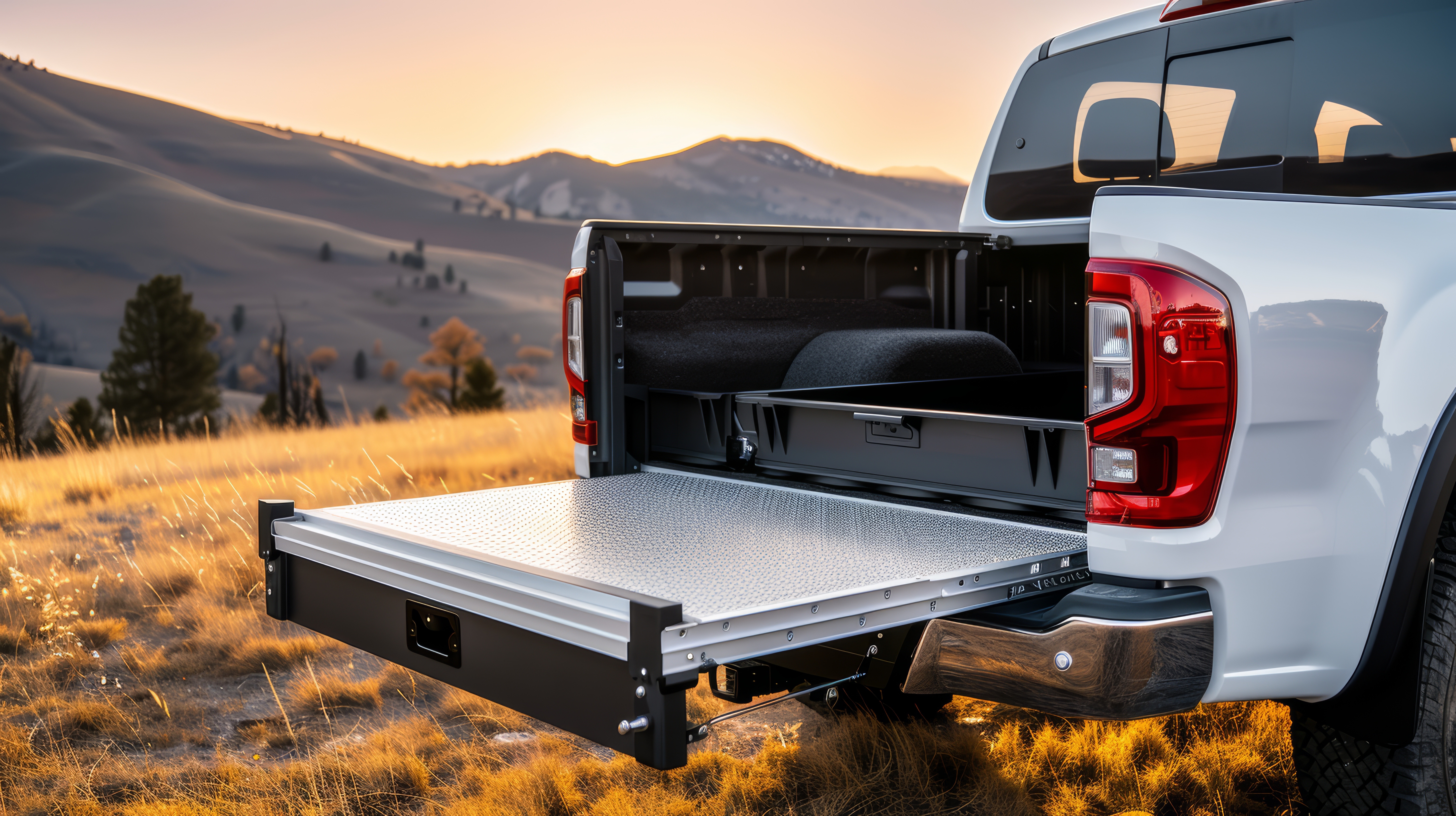Gas Springs: Applications Across Key Industries – Part 2
In Part 1 of our two-part series on gas spring applications, we explored their use in ground transportation for automobiles, trucks, and RVs. If you missed it, you can read Part 1 here.
In this post, we’re diving into gas springs' role beyond ground transportation, highlighting their versatility, durability, and ergonomic benefits across multiple industries. Gas springs provide controlled motion, reduce manual effort, and enhance safety, making them essential for lifting, lowering, and positioning components in various environments.
Industrial Machinery
Gas springs play a crucial role in industrial machinery, improving safety, efficiency, and ergonomics. They assist in the smooth operation of machine guards, access panels, and adjustable workstations, reducing strain on operators and ensuring reliable mechanical functionality.
Common industrial applications include:
✔️ Machine guards and access panels
✔️ Adjustable workstation components
✔️ Safety covers and lids
✔️ Counterbalancing mechanisms
✔️ Conveyor system applications
Medical Equipment
In medical environments, gas springs allow for smooth, controlled adjustments, improving patient comfort and operational efficiency. They make hospital beds, examination tables, and patient lift arms easier to adjust, enhancing safety and ergonomics for both caregivers and patients.
Common medical applications include:
✔️ Hospital bed height and tilt adjustment
✔️ Examination table positioning
✔️ Overhead surgical lighting supports
✔️ Wheelchair reclining mechanisms
✔️ Adjustable patient lift arms
Aircraft & Aerospace
Aerospace applications demand precision, durability, and lightweight components. Gas springs support overhead storage bins, seat adjustments, access panels, and emergency exit systems, ensuring smooth, reliable operation in confined and high-performance environments.
Key aerospace applications include:
✔️ Overhead bin supports
✔️ Reclining seats and tray table adjustments
✔️ Access panels and maintenance doors
✔️ Landing gear maintenance access
✔️ Emergency exit assist systems
Marine Applications
Gas springs enhance convenience and durability in marine environments, where corrosion resistance and reliability are critical. They provide smooth operation for hatch lifts, engine covers, and storage compartments, making boating and watercraft maintenance easier.
Common marine applications include:
✔️ Hatch lifts
✔️ Engine cover supports
✔️ Seating adjustment mechanisms
✔️ Storage compartment lids
✔️ Boarding ladder assists
DIY Homeowner Projects
Homeowners and DIY enthusiasts use gas springs to improve accessibility, functionality, and ease of use in custom furniture, storage solutions, and space-saving designs. Their straightforward installation makes them a popular choice for a variety of household applications.
Popular DIY uses include:
✔️ Kitchen cabinet lift assists
✔️ Murphy beds
✔️ Fold-down desks
✔️ Garage storage lifts
✔️ Outdoor storage box lids
✔️ Custom furniture applications
Find the Right Gas Spring for Your Application
Austin Hardware is a trusted provider of gas springs across multiple industries. Our Genesis™ Gas Springs are recognized for their quality, reliability, and durability. We offer a wide inventory with quick availability, ensuring you get the components you need when you need them.
Need help finding the right gas spring? Use our Genesis Gas Springs Part Finder to determine your application's perfect size and force!
📞 Contact us today to learn more about how our Genesis™ Gas Springs can improve your operations.

















